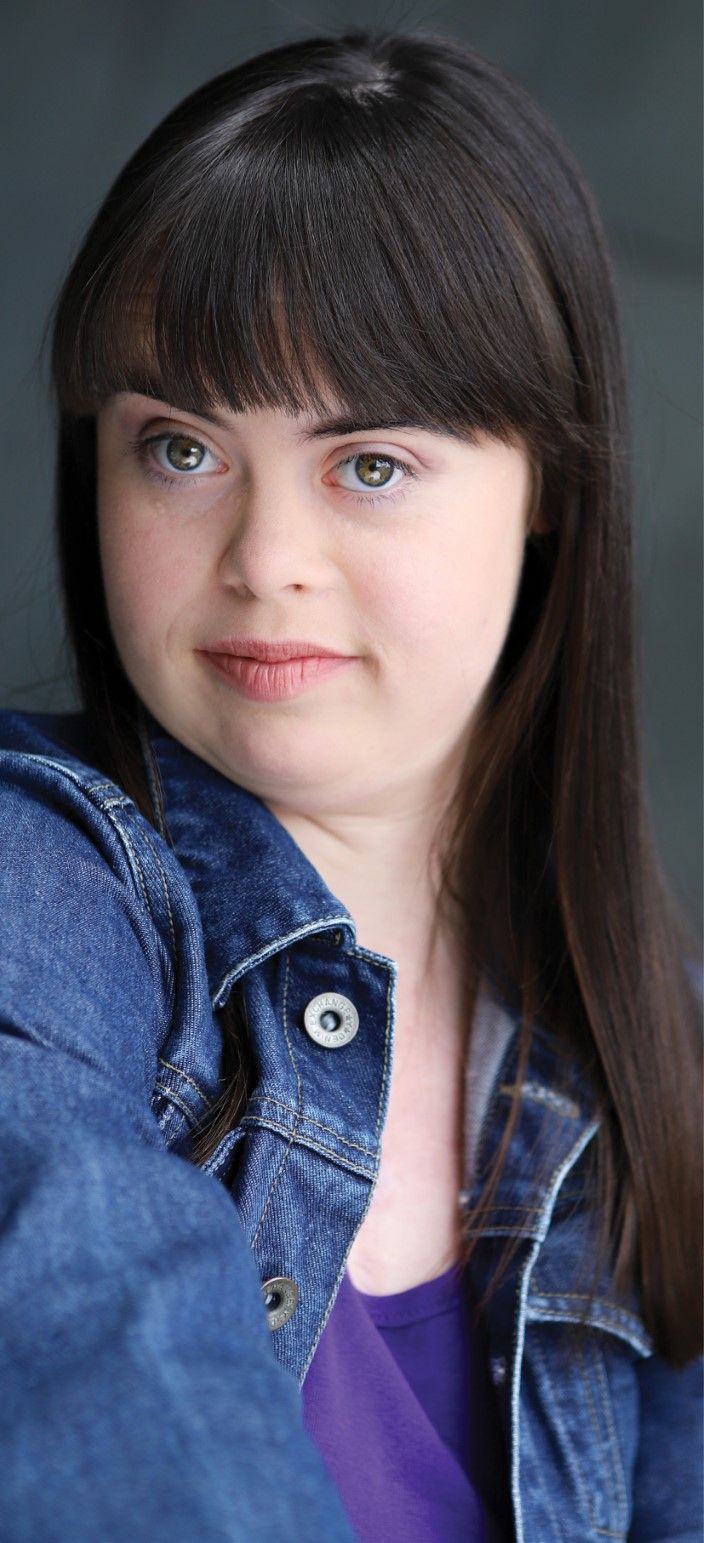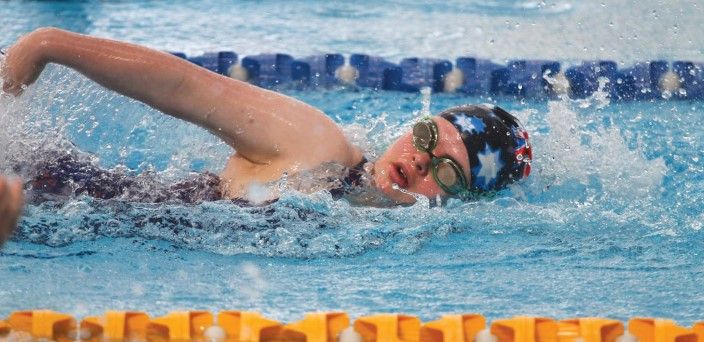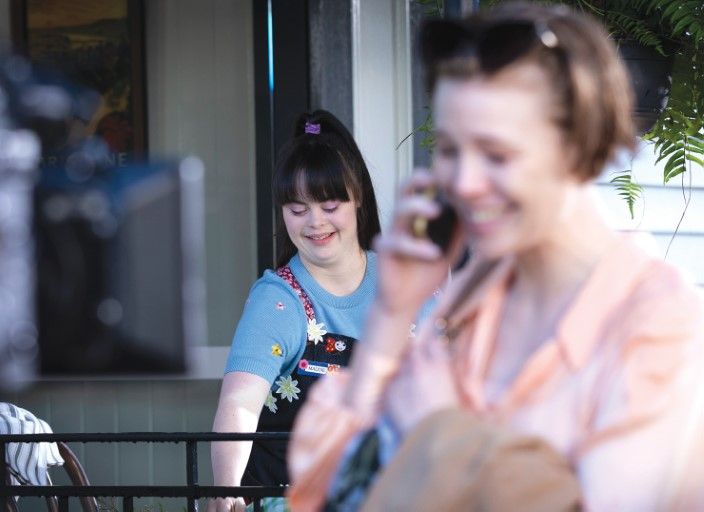Teachers who made an impact
Olivia said she had a great high school experience, thanks to the wonderful staff at Southern Cross Catholic College in Redcliffe.
“I loved going to Southern Cross, because it was like being part of one big family; it’s always been like a home to me,” she said.
Olivia’s mother, Kerry, said the creative and engaging methods of Olivia’s teachers were instrumental in helping Olivia to learn effectively and enjoy classes.
“Olivia is passionate about inclusive education and has addressed cohorts of teachers during conferences about how to make learning work better for students with Down Syndrome,” Kerry said.
Olivia said rule number one is to make it fun.
“Sometimes we would have multiplication, subtractions, additions and division – and learn that through cakes and chocolates,” Olivia said. “I had the best teachers ever.”
In science, her teacher taught the class about the structure of a cell using cake that was decorated to represent the cell membrane, nucleus and mitochondria, an approach Olivia said helped her to enjoy learning and remember content.
During school, Olivia said teachers allowed her regular breaks, helping her to maintain concentration and combat fatigue.
“I used to get really tired and wasn’t learning as much, so what they would do for me was to let me get up and do a bit of exercise, run around to get my energy levels back up again.
“Once I was energised, I’d sit back down, keep going with learning and blitz it!”
Kerry said one of the best aspects of Olivia attending a mainstream school was the exposure she had to extracurricular activities and socialising.
“Olivia put her hand up for anything, whenever there was anything happening,” Kerry said. “She got to help with events, play netball, tennis, drama, fundraising and theatre sports, which is great because it really gets her brain working and requires quick thinking.”
Flexibility crucial for inclusion
Although her dream job is in entertainment, Olivia has completed work experience in hospitality and retail, which has taught her lots of valuable skills.
Olivia’s work experience at a supermarket eventually led to ongoing employment and a part-time job. She now works three days a week.
At both school and work, Kerry said Olivia thrives when people find her strengths and offer her the flexibility to make either study or work fit those strengths.
“One of Olivia’s most successful teachers at school was her business teacher,” Kerry said.
“Business was really good because he would take the curriculum and turn it into something that not only you could do, but something you could really succeed at.”
A bright future
Beyond sport and advocacy, Olivia has immersed herself in the world of arts and entertainment. She thrives on stage, taking after her older sister Lucy, an actor and comedian.
Olivia started dancing at age four and currently averages 20 hours per week.
“I loved dancing so much that when I started, I told my mum I wanted to become a professional dancer and make a career out of it,” she said. “I’m working really hard to reach that goal.”
A graduate of NIDA’s Young Actor’s Studio, Olivia has been involved in several on-screen and live theatre productions, recently starring in a short film, Sunshine.
Kerry said Sunshine — which premiered at the 2021 Brisbane International Film Festival before moving on to the film festival circuit — is an important movie.
“It’s a beautiful story with a powerful message, but it’s told so sensitively,” Kerry said.
“So many modern films are dark and macabre with their shock factor, but I thought Sunshine was clever because you still got a surprise, but it was so gentle and sensitively done,” she said.
Olivia helped develop the movie through a program run by Bus Stop Films, an inclusive screen company that aims to raise the profile of people with disabilities and other marginalised groups who have an interest in film or aspirations to work in the industry.
“We helped write the script and I even got the chance to audition for the main part, which I got,” Olivia said.
Dream, believe, achieve
With new auditions coming up, Olivia is busy rehearsing her parts and learning scripts.
Kerry is proud of her daughter – doctors once believed she would never talk or be able to learn.
“That’s another thing school really prepared Olivia for,” Kerry said.
“Her literacy levels are really high, so being able to read is such a great advantage, and to assume someone with Down Syndrome might not be the best reader, it really does them a disservice.
“Do you think doctors and people in general tend to underestimate what people with Down Syndrome can do?” Kerry asked Olivia.
“I think they do,” Olivia said. “Some people do, some people don’t.
“If you have Down Syndrome or a disability, just know that even if some people see you as just your disability, don’t take that personally.
“The secret to success is to dream, believe, achieve and then work hard.
“If you put in the hard work, you can achieve your dreams and live an incredible life,” she said.











































































































































